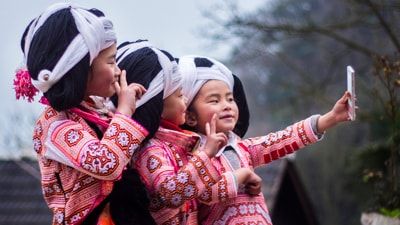Extraordinary Rituals
Circle of Life (1x1)
:
On our journey from cradle to grave, we mark the most important moments of our lives with rituals and ceremonies around birth, marriage and death. These life events, and often the emotions around them, are universal. Yet across the globe we perform them in extremely different ways.
With the birth of a child, parents will do anything to protect them. In Japan a 400 year-old ceremony called Naki Sumo sees mothers hand over their babies to professional sumo wrestlers, who then compete to make them cry - all in the popular belief that 'crying babies grow strong'. In the Brazilian Amazon, the Kayapo people believe that birth is a time of great danger, when their ancestors try to steal the baby's soul back into the land of the dead. Until 20 years ago, they had had no access to modern medicine so many babies died in infancy. The family of 19-year-old Irenekwa perform rituals to protect her new-born son - bathing him with medicinal plants, piercing his ears to open his senses to the world, and painting him with the dye of a jenipapo fruit to express their love. For Irenekwa herself, becoming a mother is an important coming of age, giving her a new status in the community.
Around the world there are rituals that mark the transition from child to adult. In the UK, the American import of the school prom is increasingly popular. But in some cultures, young boys in particular still undergo ancient and sometimes brutal rites of passage to become men. One of the most extreme is in Papua New Guinea, where young men's skin is cut with the patterns of crocodile scales to represent the strength and power of an ancient crocodile spirit. John has spent six months sequestered in a spirit house, learning lessons on manhood from the elders and building up fat with the help of meals cooked by his mother Mathilda. It is preparation for the cutting ceremony, when hundreds of razor cuts are made in John's torso, each representing a bite from the crocodile spirit.
Finding a partner is often
